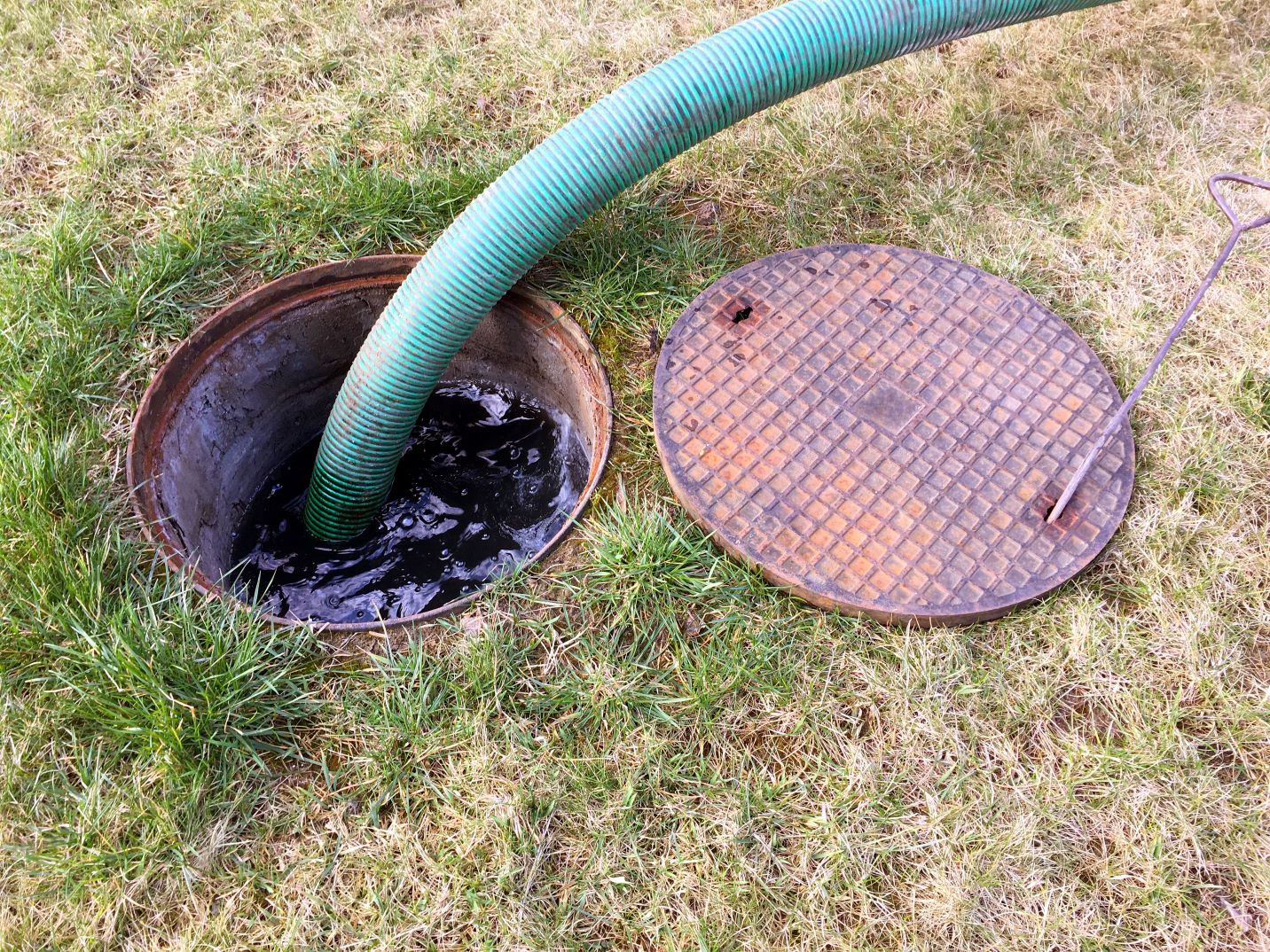The Septic System Guide for Commercial Property Owners: Key Maintenance and Compliance Tips
For commercial property owners, a well-maintained septic system is vital to ensure business operations run smoothly while complying with local environmental regulations. Whether your business involves restaurants, offices, or industrial facilities, septic systems require diligent care to handle the higher volume and unique waste types often generated by commercial properties.
This guide outlines essential maintenance practices and compliance tips to help you manage your commercial septic system effectively.
Why Septic System Maintenance Matters for Commercial Properties
Commercial septic systems face significantly more strain than residential ones. Businesses like restaurants, laundromats, or manufacturing facilities produce larger quantities of wastewater and potentially hazardous waste materials. If not managed properly, septic system failures can lead to costly repairs, downtime, regulatory fines, and environmental damage.
Regular maintenance ensures the system operates efficiently, preventing unpleasant odors, backups, and potential contamination of groundwater supplies.
Key Maintenance Tips for Commercial Septic Systems
1. Schedule Regular Pumping and Inspections
-
- Commercial septic systems typically require more frequent pumping than residential systems due to higher usage.
- Schedule inspections annually, or more often depending on your business type, to assess the system’s health and identify potential issues early.
2. Monitor Water Usage
-
- Excessive water use can overload the septic system, causing untreated wastewater to back up into your facility.
- Install water-saving fixtures like low-flow faucets and toilets to reduce strain on the system.
3. Dispose of Waste Properly
- Avoid flushing or pouring hazardous chemicals, grease, or solid waste into drains.
- For restaurants, use grease traps and ensure they are cleaned regularly to prevent clogs in the septic tank.
4. Maintain Drain Field Integrity
- The drain field is a crucial component of your septic system, responsible for filtering wastewater before it reaches the environment.
- Avoid parking vehicles or placing heavy equipment on the drain field, as this can compact the soil and damage the system.
5. Educate Employees
-
- Train your staff about septic-safe practices, such as what can and cannot be flushed or washed down the drain.
- Place clear signage near sinks and toilets as reminders for proper waste disposal.
Compliance Tips for Business Owners
Compliance with local and state regulations is critical for commercial septic system owners. Ignoring these rules can lead to hefty fines and even forced shutdowns. Here’s what you need to know:
- Understand Permitting Requirements
- Many jurisdictions require permits for installing, operating, or modifying a commercial septic system.
- Work with licensed septic professionals to ensure your system meets all regulatory standards.
- Adhere to Wastewater Discharge Limits
- Some businesses produce unique wastewater containing fats, oils, chemicals, or other contaminants that exceed typical septic system tolerances.
- Be aware of discharge limits for your industry and implement pretreatment solutions if necessary.
- Conduct Regular Compliance Inspections
- Stay ahead of inspections required by local health or environmental departments.
- Partner with a septic service provider experienced in commercial systems to ensure your system passes with flying colors.
- Prepare for Environmental Impact Assessments
- If your business expands or changes its operations, you may need an environmental impact assessment to evaluate how increased wastewater production will affect your septic system and surrounding environment.
Signs of Trouble: When to Call a Professional
Even with diligent maintenance, issues can arise. Keep an eye out for these warning signs:
- Slow Drains: Persistent clogs could indicate a problem with your tank or drain field.
- Foul Odors: Unpleasant smells around your property may signal a full tank or drain field failure.
- Sewage Backups: Wastewater backing up into sinks, toilets, or floor drains requires immediate professional attention.
- Lush Green Patches: While they may seem harmless, overly green or wet patches near your drain field often indicate leakage.
If you notice any of these issues, contact a licensed septic service company promptly to prevent further damage.
The Role of Professional Septic Services
Commercial septic systems are complex, and their maintenance goes beyond the DIY solutions often suitable for residential systems. Partnering with a reliable septic service provider like Colson’s Septic Service ensures your system remains in optimal condition.
At Colson’s, we offer tailored maintenance programs for businesses of all sizes, including:
- Routine pumping and inspections
- Emergency repairs
- Grease trap cleaning
- Compliance consulting
Proactive Care for Long-Term Success
By prioritizing septic system maintenance and compliance, commercial property owners can save time, money, and stress while safeguarding their business operations. Implement these tips, and don’t hesitate to call the professionals when needed.
Colson’s Septic Service is here to help. Contact us today to schedule an inspection or learn more about our comprehensive services for commercial properties.
Keeping your septic system in excellent shape isn’t just a regulatory requirement—it’s a smart business decision. A little proactive care today can prevent significant problems tomorrow. Let Colson’s Septic Service be your partner in maintaining a clean, efficient, and compliant septic system.


